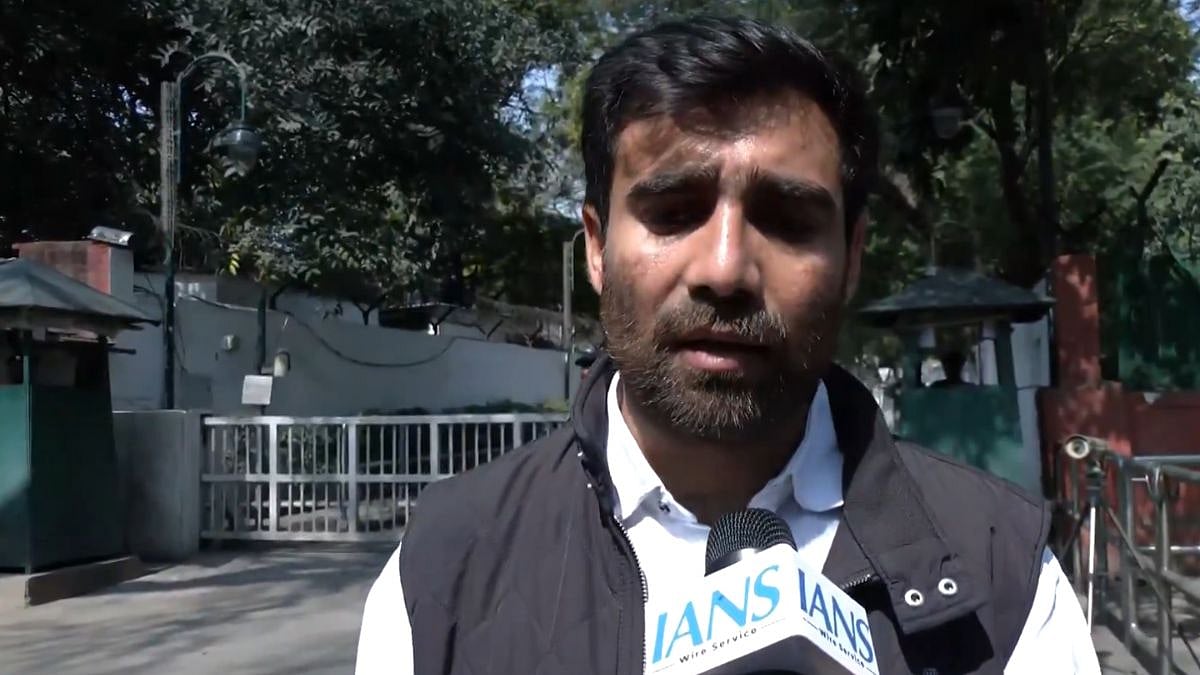There is no mistaking the fact that the world is heading for an economic crisis of gigantic proportions and that India with its 1.3 billion plus population cannot steer clear of the ghastly consequences of the coronavirus pandemic that has consumed nearly half a million lives worldwide and mauled trade and investment.
International charity biggie Oxfam is not exaggerating when it says that the situation is so grim that half a billion people could slip into poverty based on global indices with the world’s financial crisis of 2008 being surpassed in severity of damage.
In a report prepared for the upcoming IMF-World Bank annual meeting, the charity organisation said under the most serious scenario of a 20 per cent contraction in income, the number of people living in extreme poverty would rise by 434 million people to 922 million worldwide. IMF Managing Director Kristalina Georgieva said in a key address last week:
"Just three months ago, we expected positive per capita income growth in over 160 of our member countries in 2020. Today, that number has been turned on its head: we now project that over 170 countries will experience negative per capita income growth this year.” There is little point in living in a make-believe world and expecting things to turn normal dramatically.
For India, which has been experiencing a slowdown for the last couple of years, there is need to take measures on a war footing to stave off hunger and starvation as incomes shrink and employment avenues get narrower. Amid some good things that have been happening to the Indian economy, lack of jobs has been a continuing sore point.
But the looming economic crisis triggered by the coronavirus pandemic is a chance for India to enact sweeping reforms to fix ailing sectors and attract more foreign investment to the country. There indeed is dire need to take bold decisions which the Narendra Modi government has shown itself to be capable of taking. Indeed, India needs to liberalise and deepen its financial markets, and take policy steps to fix the banking and farm sectors.
Tens of thousands of cash-starved Indian small businesses have either deferred or cut their workers' wages this month while trade union leaders said more than five million workers, mainly on contract, have suffered wage losses. Industry body AIMO, which represents some 100,000 small manufacturers, has said more than two-thirds of its members faced problems in paying salaries. All in all, it is a scenario that brooks no dragging of feet and complacency.




